As the new year dawned, I found myself reading James 4. I began thinking of the many projects the Lord has laid before me. James 4 assures a heart is set in the right direction before engaging with these many projects.
From James 4, we learn there are "passions" (the Greek word here is where we derive our English term hedonism) at war within us. Since the fall, our "true selves" have been clouded by these passions. By "true self," I mean who God has created us to be, as demonstrated through the life of our living Lord, Jesus Christ. Our thoughts and actions must now be discerned and placed under the Lordship of Christ.
We constantly find within us a twinge of independence in the innate desire inherited by Adam to be a "self-made man or woman." The remedy to help us escape the myth of absolute autonomy is simply looking down to see our belly button. We came from somewhere. Our navel tells the story that we are not autonomous. We can deny and resist the fact of our creation, but the reality of our creatureliness is always before us. If we don't now believe it, give our current situation time, and soon, a feeling of helplessness will creep in. That feeling of helplessness is there because we are not as close to God as we will be one day. Those feelings are a constant and sometimes painful reminder that how things are is not how things will always be. Those moments are often orchestrated by God (directly or indirectly) to motivate our desperation to cry out to him. When we cry out to God, we move beyond the situation outlined in James 4:2; you have not because you ask not. However, even there, we have yet to arrive at a point of worship.
Realizing our dependence does not mean we have moved beyond ourselves and towards a true heart of worship. Asking God can be turned inward. Our passions are stubborn and not so easily defeated. James 4:3 says, "you ask and do not receive because you ask with the wrong motives, so that you may spend it on your own pleasures. There is that word again, "passions" (hedonism). James reminds us even our affections have a wrong heading.
The idea of "spending on your own passions" is an economic term and carries the idea of making a bad investment. Like crypto-currency - sounds good on the front end, but in reality just a poor investment strategy. In other words, asking with the wrong motives is as much a waste as making a bad investment. There might be a short-term win, but you lost it all in the end!
James continues to indicate pride is the root of the war of our "unmet needs." These needs are unmet because we think we need them, but since they arise from misdirected affections, they are not needs at all. Like an addict spending all he has on wasted "wants," we pray for our pleasures. We spend our time, talents, and treasures on our addiction to self. We overemphasize ourselves, and, in so doing, neglect ourselves. Much like an addict on painkillers, we can no longer tell the difference between what we are taking the pills for, and the high taking the pills brings. We can longer discern the difference between the pain and the pain of addiction.
Spurgeon once wrote,
'If a person's desires are the longings of fallen nature, if they begin and end with self, if the chief end for which one lives is not to glorify God but to glorify self, then one can desire but will [never] have."
What are we to do, given our desires are so prone to turn inward? The answer comes from James. At 4:8, James says, "Draw near to God, and he will draw nearer to you." He tells us drawing near to God resembles:
Cleanse your hands
Purify your hearts
Mourn and weep
I imagine that James hears in his head the voice of his half-brother, the voice of our Lord, saying, blessed are those who mourn, for they shall be comforted. An honest evaluation of James 4 leaves us troubled, but we can expect comfort when we are troubled over things that should concern us.
Finally, James tells us, "Humble yourself before God, and he will exalt you." Again, this is not sauce to feed our selfish desires. Instead, this is a call to surrender to God, or, as my pastor so often told us, "Obey God and leave the consequences to Him."
As we set out together on this journey of usefulness, may God grant us success in our drawing near Him. Further, may this endeavor be directed towards drawing near to God. If not, let's leave these ambitions where they are and instead choose to be consumed by his consummate reality that brings new heavens and new earth.
May A.W. Tozer's prayer be ours:
O God, let Thy glory be revealed once more to men; through (us), if it pleases Thee, or without (us), or apart from (us). It matters not. Restore Thy church to the place of moral beauty that becomes her as the bride of Christ through (us) or apart from (us); only let this prayer be answered, O God. Honor whom you will. Let (us) be used, overlooked, ignored, or forgotten.
Amen.

